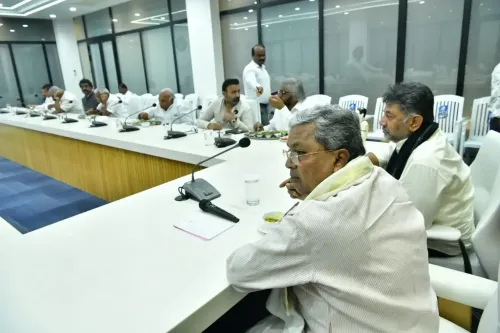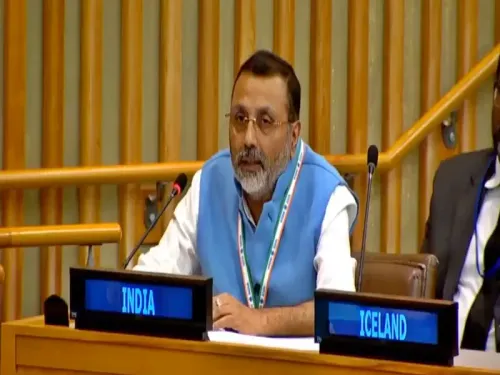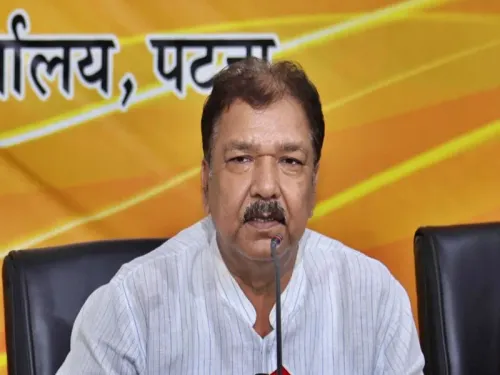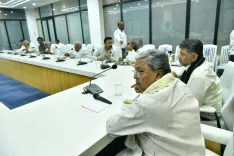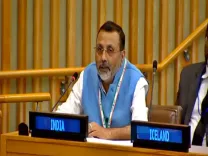Why is the Madras HC Criticizing the Directorate of Vigilance and Anti-Corruption for Graft Case Delays?
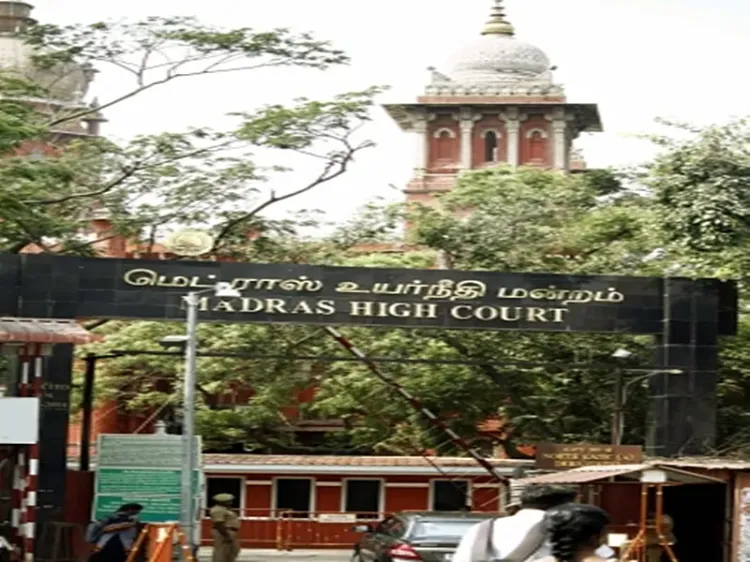
Synopsis
Key Takeaways
- Madras High Court's firm stance on DVAC delays reflects public concern.
- Urgency in corruption cases is vital for maintaining trust in justice.
- DVAC's inaction on high-profile cases can lead to scrutiny.
- Timely prosecution of public officials is essential.
- Judicial oversight is critical in ensuring agency accountability.
Chennai, Oct 13 (NationPress) The Madras High Court has strongly criticized the Directorate of Vigilance and Anti-Corruption (DVAC) for its significant delays in addressing high-profile corruption cases. The court emphasized that investigations involving Ministers, legislators, and IAS officers should not be hindered by endless procedural delays.
Justice N. Anand Venkatesh, in his interim order, highlighted the need for prompt action in corruption cases against current or former public officials to maintain public trust in the criminal justice system.
This statement was made during a hearing regarding a contempt plea filed by Jayaram Venkatesan from the anti-corruption organization, Arappor Iyakkam, concerning the DVAC’s inaction on a case that was initiated in 2021.
The ongoing case pertains to alleged irregularities amounting to Rs 98.25 crore in the awarding of municipal contracts during the term of former AIADMK Minister S.P. Velumani (2014–2018).
Expressing frustration at the lack of advancement, Justice Venkatesh noted that the DVAC displayed “contumacious conduct” by not adhering to previous court instructions. Nonetheless, he has provided the officials with a final opportunity and postponed the contempt proceedings until November 10, 2025.
Additional Public Prosecutor E. Raj Thilak informed the court that the DVAC intends to complete the translation of all vernacular documents into English within the next four weeks and subsequently seek the Central Government's approval to prosecute two IAS officers linked to the case.
The judge instructed the agency to update on its progress at the next hearing and to clarify why the involved officials should not face penalties for their lack of compliance.
Justice Venkatesh noted that the DVAC failed to request an extension after missing the April 2024 deadline for filing charge sheets and indicated that there has been “no substantial progress” even after the contempt plea submission.
He dismissed the agency’s assertion that its proposal to the Centre was returned due to missing translated documents, reminding them that the translation requirement has been in effect since October 18, 2024.
“As a specialized anti-corruption agency, the DVAC should have been aware of such requisites. Its actions undoubtedly reflect contumacious behavior,” the judge remarked, warning that prolonged procedural delays undermine trust in the justice system.

